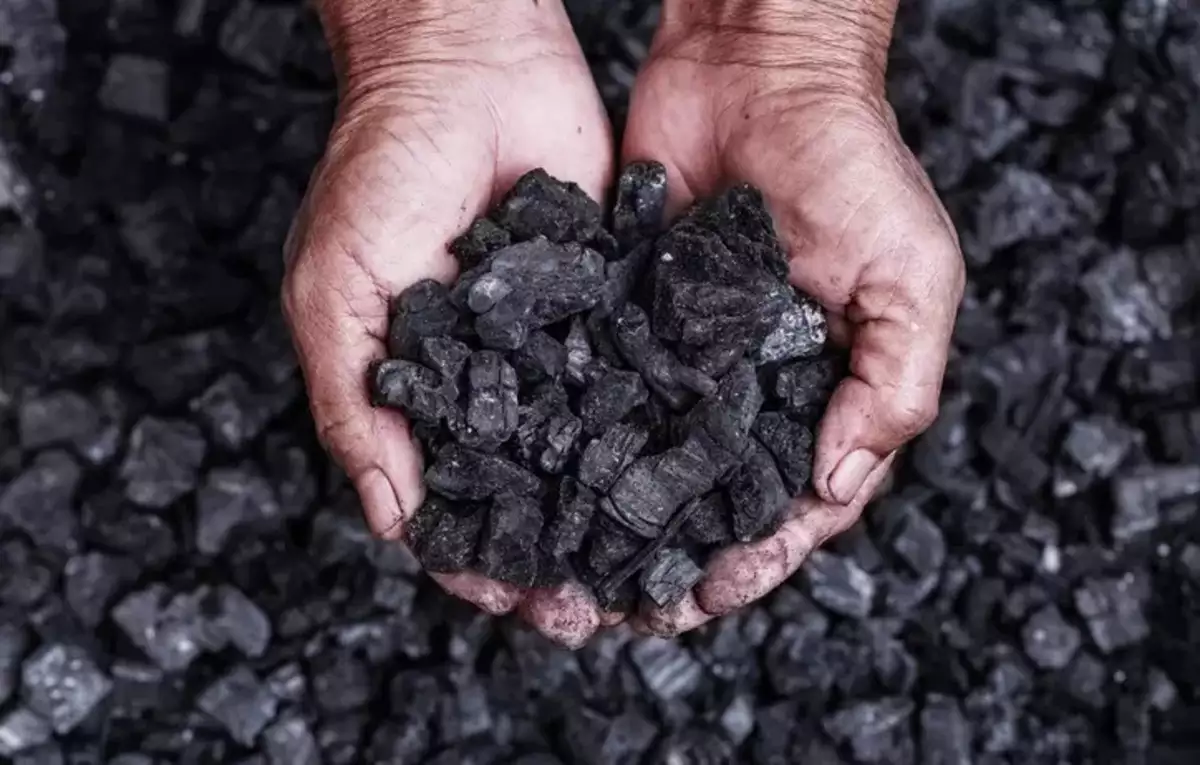ASEAN's Coal Dependency Faces Pressure to Transition Towards Renewable Energy
Southeast Asia, heavily reliant on coal for electricity, is facing increased pressure to transition toward renewable energy. The Association of Southeast Asian Nations (ASEAN) is being urged by environmental advocates, international agencies, and even economic stakeholders to scale down its dependency on coal power and intensify its efforts in adopting cleaner, sustainable energy sources. As climate change impacts become more pronounced, ASEAN’s continued reliance on coal presents a significant challenge to achieving global climate goals.
Coal remains the dominant energy source for ASEAN nations, powering a significant percentage of the region's electricity generation. Countries like Indonesia, Vietnam, and the Philippines are among the largest consumers of coal in the region due to its affordability and reliability. However, the heavy reliance on coal has come at an environmental cost, with the region’s carbon emissions increasing significantly over the past decade. The growth in coal-based energy also threatens ASEAN's climate commitments under the Paris Agreement, which seeks to limit global temperature rise by reducing carbon emissions.
To address this challenge, ASEAN nations are being encouraged to pursue renewable energy sources such as solar, wind, and hydropower. Various organizations, including the International Renewable Energy Agency (IRENA), have called for a rapid scale-up of renewable energy capacity in Southeast Asia. IRENA highlights that ASEAN has enormous untapped potential for solar and wind power, which could provide cleaner, more sustainable energy. By investing in renewable infrastructure, ASEAN countries could reduce their greenhouse gas emissions, lower air pollution, and build a more resilient energy system.
Despite these benefits, transitioning to renewable energy in ASEAN faces significant challenges. High initial costs for renewable infrastructure, limited technical expertise, and underdeveloped regulatory frameworks remain obstacles. Additionally, many ASEAN nations have existing coal plants and long-term coal supply contracts, making the shift toward renewables more complex and costly. The lack of clear policies and incentives for renewable energy investments further slows down the transition.
However, some ASEAN countries are already making strides in renewable energy. Vietnam, for example, has emerged as a leader in solar power, rapidly increasing its solar capacity in recent years due to government incentives. Similarly, the Philippines is investing in both solar and wind projects to diversify its energy mix. These developments show that the transition is possible when supported by proactive government policies and private sector engagement.
To accelerate the shift from coal to renewable energy, experts suggest that ASEAN nations should develop clear policies, provide incentives for renewable investments, and strengthen regional cooperation on energy transition initiatives. By collaborating on technology transfer, financing, and infrastructure, ASEAN countries can work together to overcome the economic and logistical barriers to renewable energy adoption.
The global energy landscape is rapidly changing, and ASEAN’s coal dependency is increasingly out of step with international trends. As renewable energy becomes more affordable and accessible, the region has an opportunity to embrace a cleaner, more sustainable energy future. Transitioning away from coal will not only help ASEAN meet its climate targets but also improve public health, reduce energy costs in the long term, and create new economic opportunities in the growing renewable energy sector.
Read More






 Wednesday, 25-02-26
Wednesday, 25-02-26







